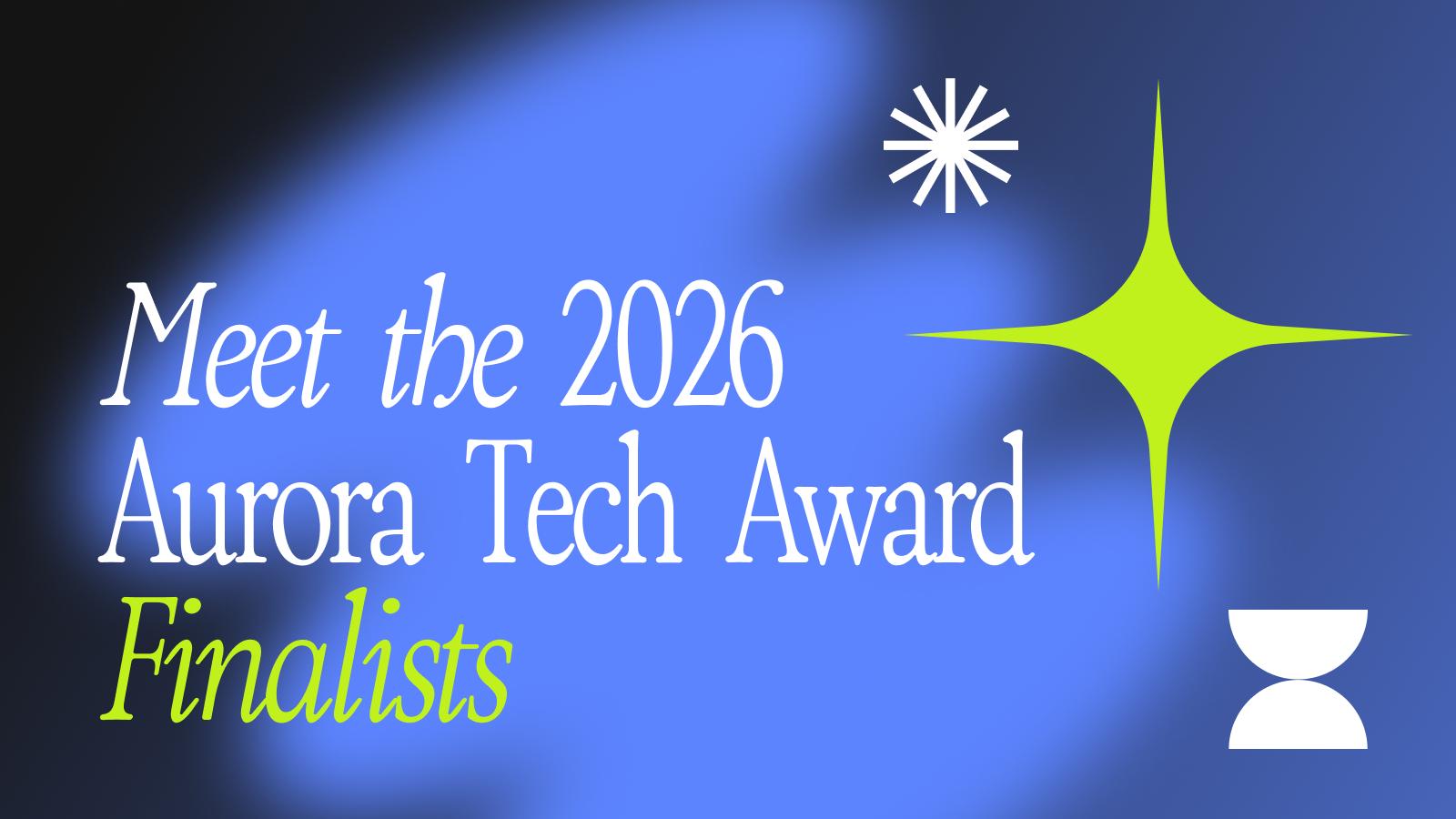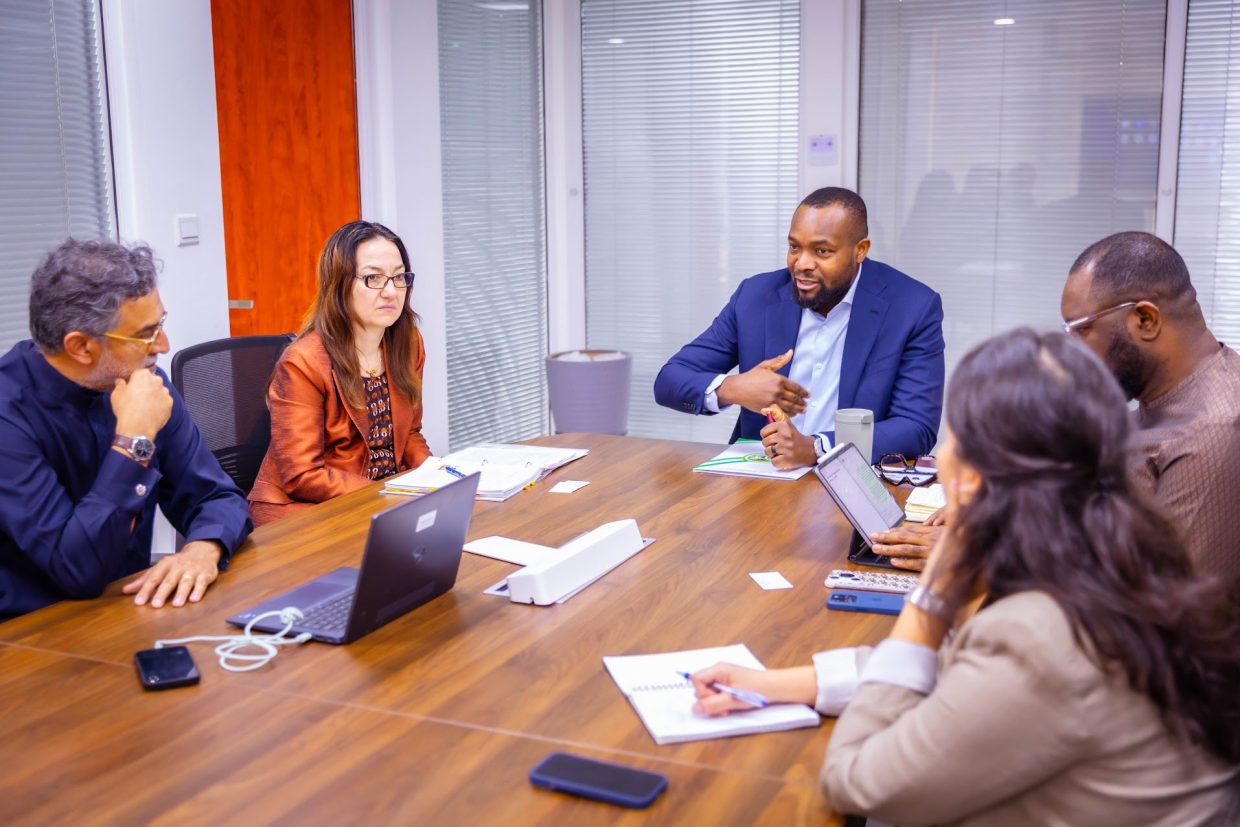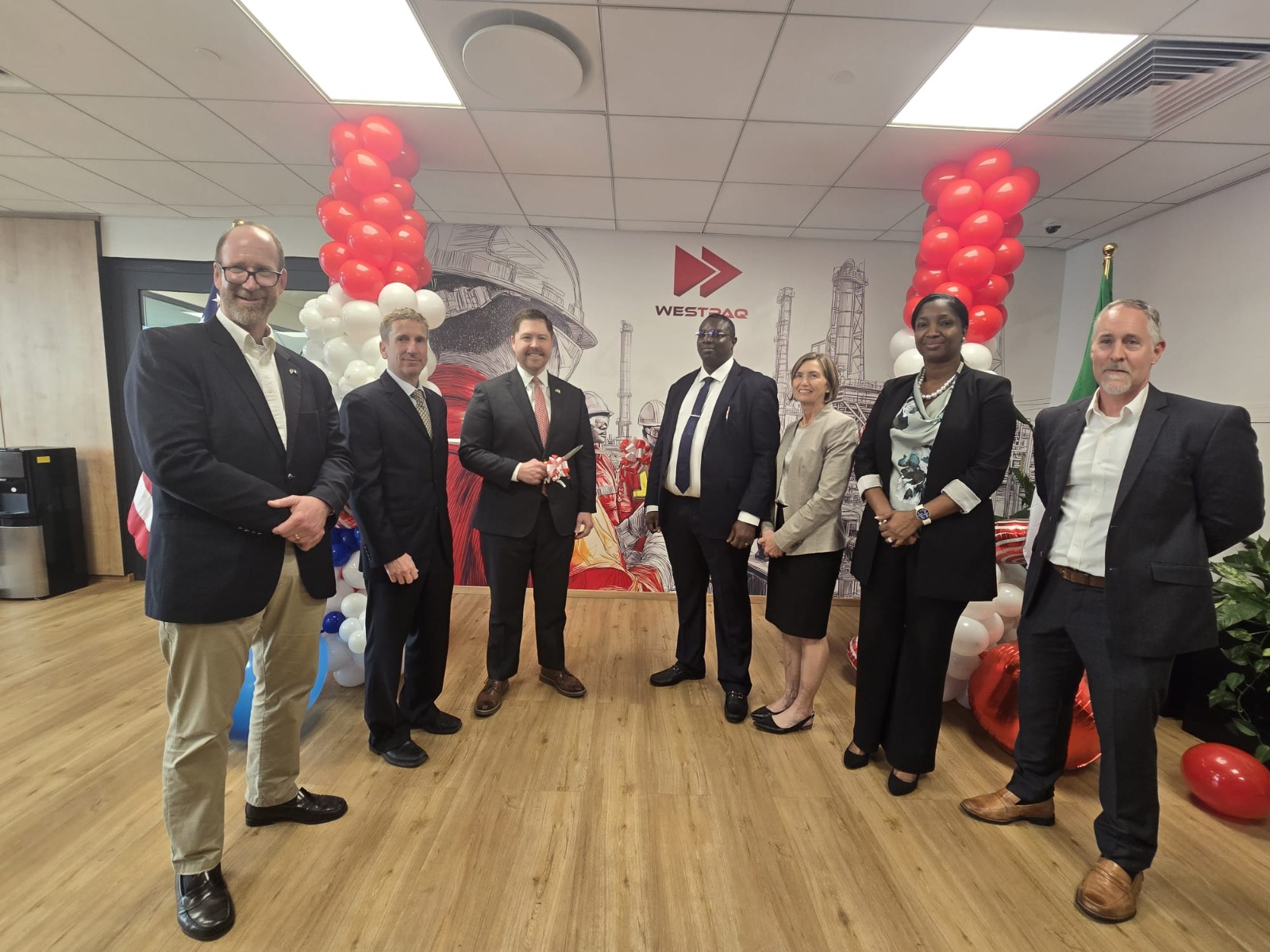AI Should Be An Enabler, Not Replacement For Human Creativity —Lakinbofa Goodluck

In a rapidly evolving digital world, conversations surrounding Artificial Intelligence (AI) are growing louder, particularly within Nigeria’s media and communications landscape.
Experts, creatives, and journalists with the Pan-Atlantic University recently gathered for a virtual panel discussion themed, “AI with Integrity: Exploring Responsible Ethical Use of Artificial Intelligence in Nigeria’s Media Industry.”
The engaging session brought together key voices from journalism, advertising, public relations, and broadcasting to discuss how the rise of AI is transforming media practice, creativity, and the essence of truth in storytelling.
One of the panelists, Dr. Lakinbofa Goodluck, Public Relations Manager at MTN Nigeria, shared compelling insights on how AI can be a force for good if used responsibly. According to him, artificial intelligence should not be feared but rather embraced with discipline and ethical awareness.
“The reality is that you can’t run away from AI,” Lakinbofa said. “The way I like to put it is that AI is like the personal assistant that only the rich could once afford. Now, it has become a tool that enables everyone no matter their background to be more productive and effective.”
He explained that whilst AI has opened new doors for innovation, automation, and communication efficiency, it should never replace the human mind’s depth, empathy, and originality. Instead, it should serve as an enabler, a support system that amplifies creativity rather than erases it.
Drawing from communication theories such as Marshall McLuhan’s Extension of Man, Goodluck highlighted that every technological advancement extends a human ability whilst simultaneously diminishing another.
“When you introduce a new technology,” he said, “you extend one human faculty but also amputate another. For instance, whilst the phone brought people closer, it reduced face-to-face conversations. The same applies to AI it will extend our capacity to create and analyse faster, but if not handled wisely, it could weaken our ability to think deeply or write from the heart.”
According to him, the true danger lies not in AI itself, but in the over-reliance on it without human reflection. He cautioned that creators who depend entirely on AI for writing, design, or storytelling risk losing the authenticity and emotional intelligence that connect them to their audiences.
“AI can mimic tone,” he added, “but only humans can mean what they say. Machines can produce words, but they can’t feel them and that’s the difference between content and connection.”
Goodluck further emphasised the need for AI literacy and transparency across Nigeria’s media and communication sectors.
He recommended that media organisations adopt clear guidelines on the ethical use of AI, including disclosure on how and where AI tools are used in creating content. This, he said, will help uphold integrity and rebuild public trust in media output.
“Perhaps what we need to start doing now is what I call ‘AI transparency,’” he noted. “Every media house should be able to indicate to what extent AI contributed to a story, report, or campaign. That honesty helps readers and audiences to understand what’s real, what’s human, and what’s machine-assisted.”
Throughout the discussion, Goodluck and other panelists agreed that the adoption of AI in the Nigerian media industry should come with caution, regulation, and consistent training. Beyond using AI for content creation, he said, professionals must also learn to detect and debunk misinformation produced through the same technology.
He further called for the inclusion of AI literacy in media education, arguing that “understanding how AI works is the first step to spotting when it’s being misused.” This, he said, will empower journalists, creators, and consumers to navigate the digital space with discernment and confidence.
In conclusion, Goodluck reminded participants that the role of media practitioners in this era is not to compete with AI but to collaborate responsibly with it.
“Eventually,” he said, “AI is artificial; it’s only as good as the human who controls it. What will always stand the test of time is truth, empathy, and the human touch in storytelling.”
The event ended with a shared consensus among speakers that Nigeria’s media future depends not on rejecting AI, but on embracing it ethically. The call was clear: as artificial intelligence continues to evolve, so must the integrity, creativity, and accountability of those who use it.












